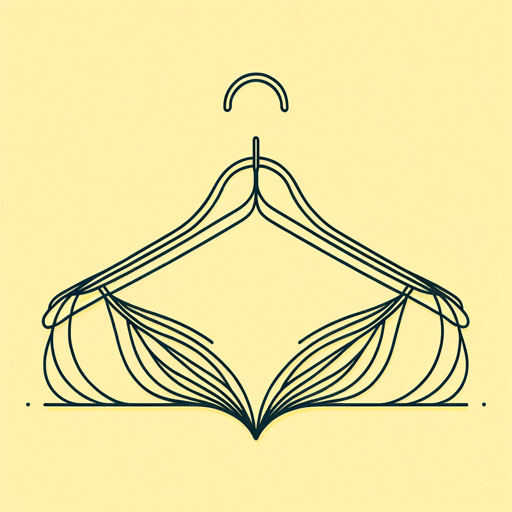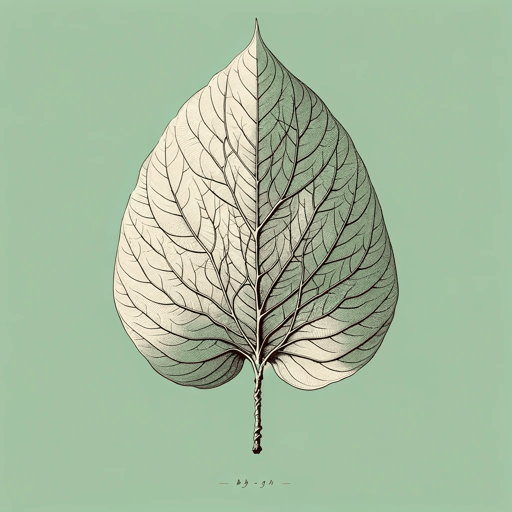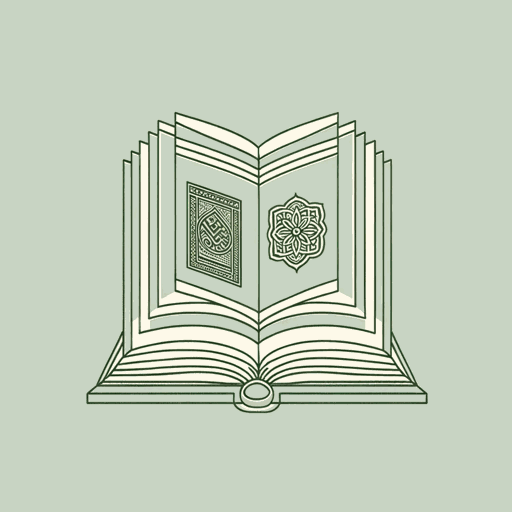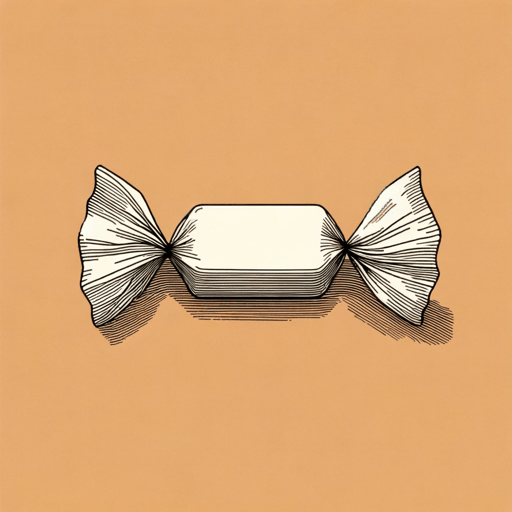57 pages • 1 hour read
Jhumpa LahiriWhen Mr. Pirzada Came to Dine
Fiction | Short Story | Adult | Published in 1999A modern alternative to SparkNotes and CliffsNotes, SuperSummary offers high-quality Study Guides with detailed chapter summaries and analysis of major themes, characters, and more. For select classroom titles, we also provide Teaching Guides with discussion and quiz questions to prompt student engagement.
Important Quotes
“In the autumn of 1971 a man used to come to our house, bearing confections in his pocket and hopes of ascertaining the life or death of his family.”
(Page 23)
The story opens by juxtaposing candy with the brutal realities of war. This contrast runs through the entirety of the story, as Lilia must confront the fact that many of the things she enjoys in her safe, sheltered life—crafts at school, trick or treating, ritualistically savoring candy—are at odds with the real suffering elsewhere in the world. Through her relationships with Mr. Pirzada and her parents, Lilia grapples with this incongruence and takes a step away from innocence toward experience, Coming of Age as a Second-Generation Immigrant in the process.
“At first I knew nothing of the reason for his visits. I was ten years old, and was not surprised that my parents, who were from India, and had a number of Indian acquaintances at the university, should ask Mr. Pirzada to share our meals.”
(Page 24)
Lilia shifts from her narrative position of knowledge and experience to her childhood self. She assumes that Mr. Pirzada is just another Indian acquaintance from the university; she has not yet learned of Partition or that he is Pakistani, she does not know about the war, and she has not experienced the loss she will feel when he leaves forever.
“When I said I thought [1947] was the date of India’s independence from Britain, my father said, ‘That too. One moment we were free and then we were sliced up,’ he explained, drawing an X with his finger on the countertop, ‘like a pie. Hindus here, Muslims there. Dacca no longer belongs to us.’ He told me that during Partition Hindus and Muslims had set fire to each other’s homes. For many, the idea of eating in the other’s company was still unthinkable.”
(Page 25)
While Lilia’s father later worries that she is not learning enough of her own cultural heritage, here she demonstrates that she does know the date of India’s independence.
Related Titles
By Jhumpa Lahiri

A Real Durwan
Jhumpa Lahiri

A Temporary Matter
Jhumpa Lahiri

Interpreter of Maladies
Jhumpa Lahiri

Mrs. Sen's
Jhumpa Lahiri

Sexy
Jhumpa Lahiri

The Lowland
Jhumpa Lahiri

The Namesake
Jhumpa Lahiri

Unaccustomed Earth
Jhumpa Lahiri

